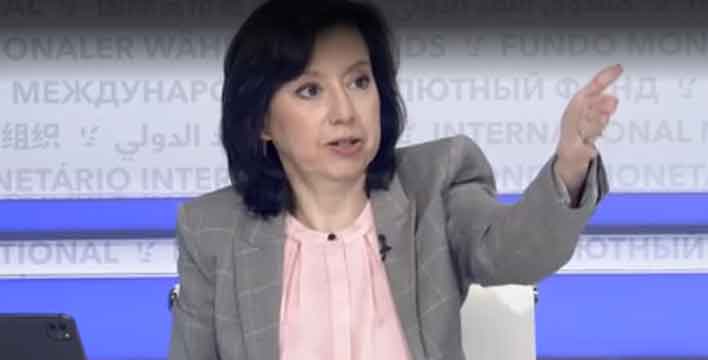Sri Lanka has raised electricity tariffs by 15% as part of crucial prior actions required for the next disbursement under its USD 3 billion IMF bailout program, the International Monetary Fund confirmed on Thursday (12).
IMF Communications Director Julie Kozack said the tariff hike, along with newly issued bulk supply transaction guidelines, were among the final measures needed for the Fund’s Executive Board to consider the fourth review of Sri Lanka’s economic reform program. Upon approval, the country will gain access to about USD 344 million.
“These reforms are part of Sri Lanka’s strong commitment to the program’s objectives and are critical to restoring cost-recovery in the power sector,” Kozack told reporters during the IMF’s regular press briefing.
The increase in tariffs, announced by the Public Utilities Commission on June 11, marks a significant move in implementing the automatic pricing mechanism that aligns utility rates with actual costs — a central plank of IMF structural reforms for the crisis-hit island nation.
Kozack said the IMF team is closely assessing these developments and that the Board will set a date for Sri Lanka’s review “in due course.”
She praised the government’s broader reform efforts, noting that economic indicators are improving across the board. “We see a remarkable rebound in growth, inflation is low, international reserves are growing, and fiscal revenue collection is improving,” she said.
Responding to recent remarks by President Anura Kumara Dissanayake, who suggested this may be Sri Lanka’s final IMF program, Kozack said the country’s reform progress has been commendable. However, she stressed the importance of sustaining momentum through the rest of the current program.
The IMF also acknowledged updated governance reform commitments made by Sri Lanka earlier this year, including plans for new public procurement and asset recovery laws.
IMF First Deputy Managing Director Gita Gopinath will visit Colombo on June 16 to deliver opening remarks at the “Sri Lanka Road to Recovery” conference and meet with government officials and stakeholders.
